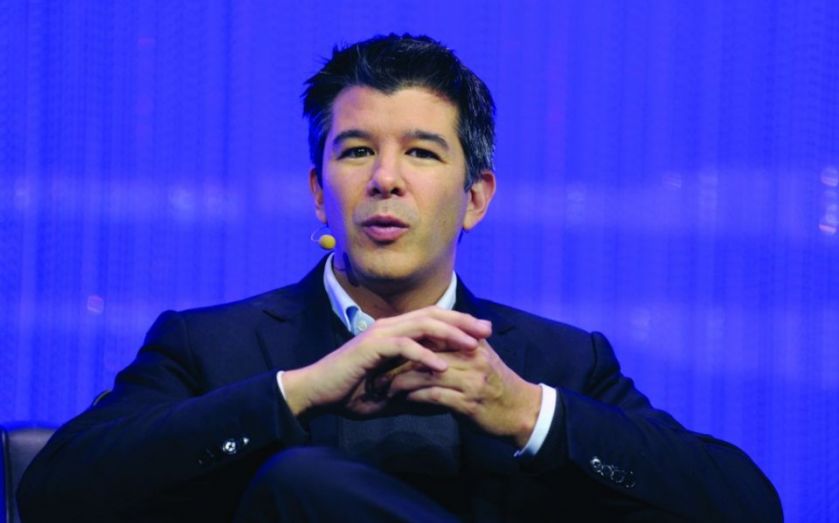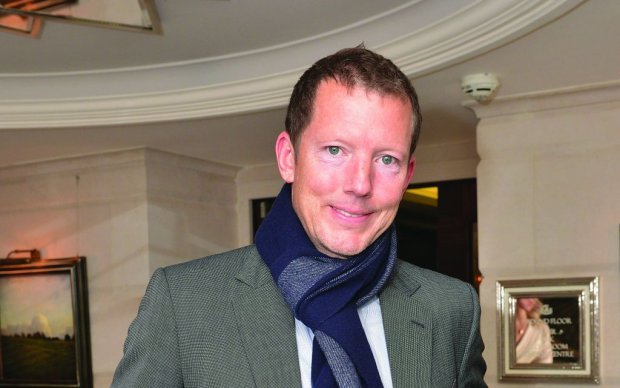| Updated:
Taxi app wars: Uber vs Hailo vs Maaxi vs Lyft – Emil Michael gaff is latest hurdle in startup battle

Fast-growing “ridesharing” app firm Uber hit the headlines for all the wrong reasons again this week as senior executive Emil Michael was reported suggesting the company hire researchers to dig up dirt on its media critics.
The blunder is the latest in a long line of controversies that have plagued the startup over the past year. The company has been accused of exploiting its employees, sabotaging rivals, poorly vetting drivers and playing fast-and-loose with passenger privacy.
But as the list of these unsavoury claims piles up, the company’s competition grows. Lyft, Hailo, Gettaxi, Maaxi – “ridesharing” startups are emerging everywhere to challenge Uber for its new-kid-on-the bloc status. And there’s money on the fight as well: Nat Rothschild is backing Maaxi, Len Blavatnik Gettaxi and Goldman Sachs Uber.

Nat Rothschild is backing Maaxi
Whatever the truth, each negative story that comes out plays into the hands of the company’s rivals. Reno Gerber, UK chief executive of GetTaxi, said: “These controversies make people realise that Uber isn’t that luxury product that they’ve been portraying themselves as. They also help us. Just overnight we’ve had a 500 per cent increase in registrations.”
But Uber is looking to take on the traditional players as well.
The rise of the Silicon Valley-based firm has been the focus of a series of protests this year by mainstream taxi drivers across the developed world, who accuse Uber of undercutting the market. The startup is reviled by traditional cabbies, who aren’t surprised by these latest controversies. Steve McNamara, secretary general of the UK’s Licensed Taxi Drivers’ Association, said: “These are not nice people… They shouldn’t have got a licence and our biggest concern is that TfL [Transport for London] has just let Uber walk all over them.”

Len Blavatnik (right) is a supporter of Gettaxi
But just how much damage have these PR nightmares cost the company in market share? Not much, thinks Andrew Mulholland, managing director of brand consultancy The Gild. “Unless you’re living in the corporate bubble, you’re unlikely to be reading these stories – and therefore ignorance is bliss. Second, when people love a brand this much, consumers have a funny habit of being able to separate the business from its product.”
But Mulholland warns that Uber’s fortunes could change in an instant if negative stories start hitting the mainstream media.
Uber’s Jo Bertram responded: “We are a young and growing company, and have made some mistakes along the way. Our UK users have continued to embrace the service.”